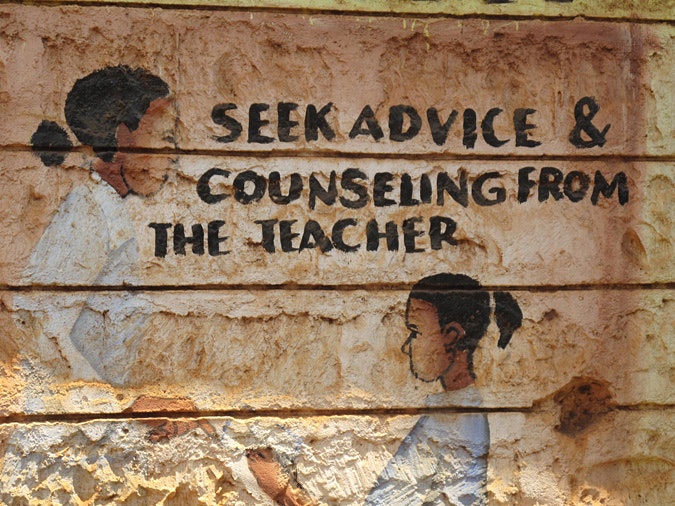In Europe, We Have Much to Learn from Kenya
By Judith Klein

As the Open Society Mental Health Initiative expands its work to Kenya this year, I knew I would have much to learn about context, having spent the last 15 years focused on Central and Eastern Europe and the former Soviet Union (CEE and fSU). But two things really struck me while I was meeting Kenyan organizations recently. The first is that while many things are relative, others seem to be universal. Sadly, prejudice and discrimination against people with mental disabilities is universal. The second thing that struck me is how much advocates in what we at OSI call “the traditional region” (the CEE and fSU countries where Soros foundations first formed) could and should learn from advocates in Africa.
Too often, the “training” and the “teaching” and the “instruction” generally seem to come from Europe or the developed West, directed at Africa. In terms of real grassroots advocacy, which is essential to producing positive change in my field, I can say that this is a big mistake. Learning should always be a two-way process, and there are many cases in which lessons from Kenya are not only highly relevant, but would be very important for European advocates.
The best example I have of this is the level of parent advocacy and self advocacy for people with intellectual disabilities in Kenya, versus the level of such advocacy in Central and Eastern Europe and the former Soviet Union. For parents’ organizations of people with intellectual disabilities, one of the biggest taboo subjects is sexual education. Throughout CEE and the fSU, many (if not most) parent organizations completely avoid the subject and carry on as if their children (who are adults but commonly called “children” their entire lives) are not sexual beings because they have intellectual disabilities. This is clearly not the case, and avoiding the issue actually puts people with intellectual disabilities at great risk—it is not OK to keep adults in the dark about what is safe and what isn’t, and about what to do if they are being abused.
In Kenya, one parents’ organization has, for the past few years, been doing impressive and excellent work in sexual education and awareness raising for both people with intellectual disabilities and their parents. This is both very brave and highly controversial in Kenya because of the power of religious leaders who uphold the “abstain and be faithful” philosophy. However, the organization proceeds with the work because while clearly sexual education is very important for all self advocates, in Kenya it is critical because of the prevalence of HIV and the vulnerability of people with intellectual disabilities. In addition to organizing numerous training events on this topic, the organization also produced progressive materials on sexual education and trained self advocates on the issues.
When I met with self advocates in Kiambu close to Nairobi, I was really impressed to hear that each person is aware of his/her HIV status and knows what to do and what not to do with regard to sexual matters. These issues were openly discussed, which is key to ensuring that people with intellectual disabilities can be as self determined as they can, and make as many of their own choices as they can—especially such personal choices.
Having been inspired by what I saw in Kenya, I hope to spread that inspiration among parent groups in my “traditional region”—where people have been far too traditional in the way they treat adults with intellectual disabilities—so that advocates can rise to the level of their Kenyan counterparts.
Until March 2019, Judith Klein was a senior adviser to the Open Society Public Health Program.